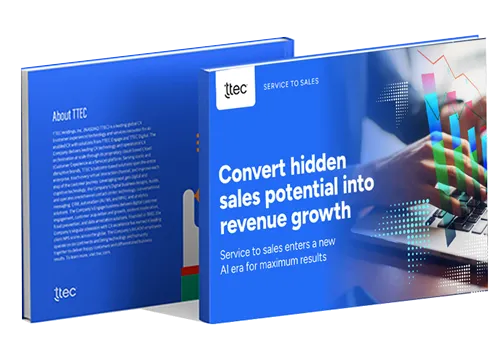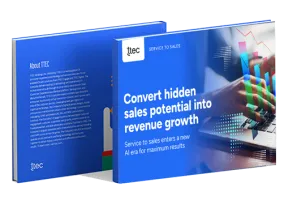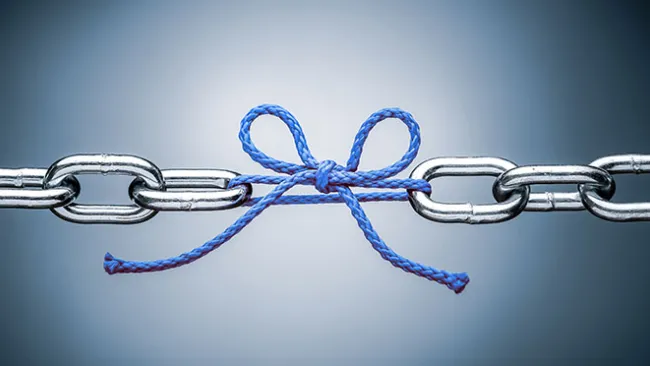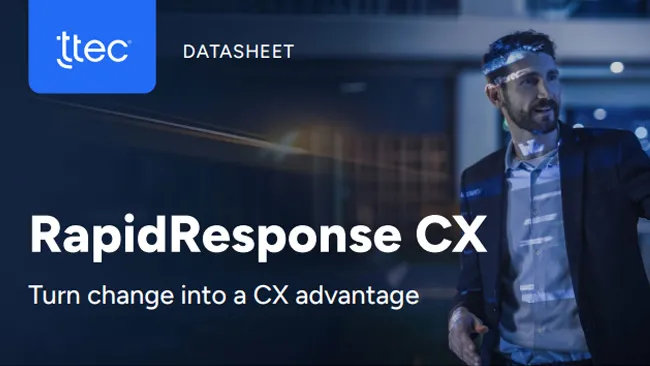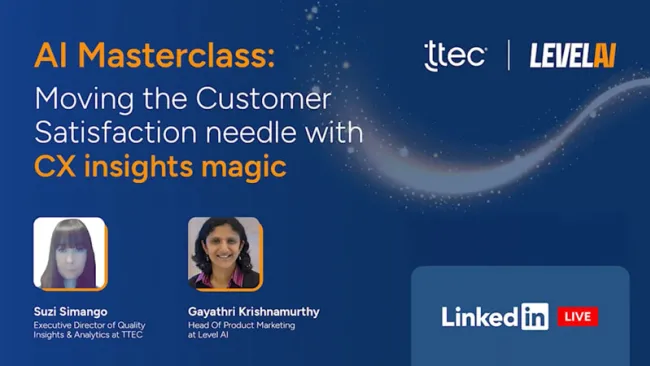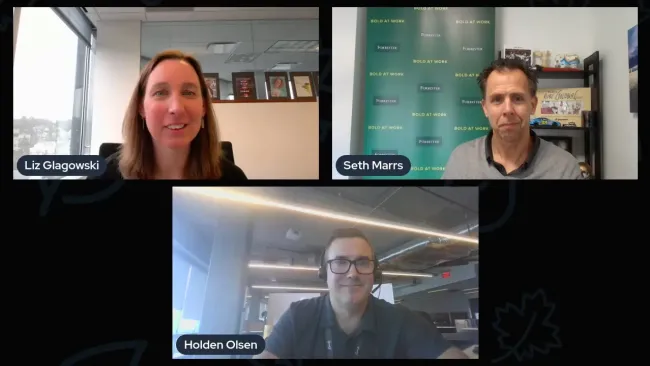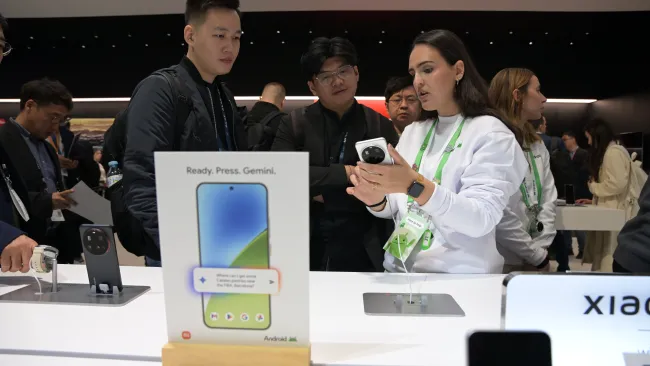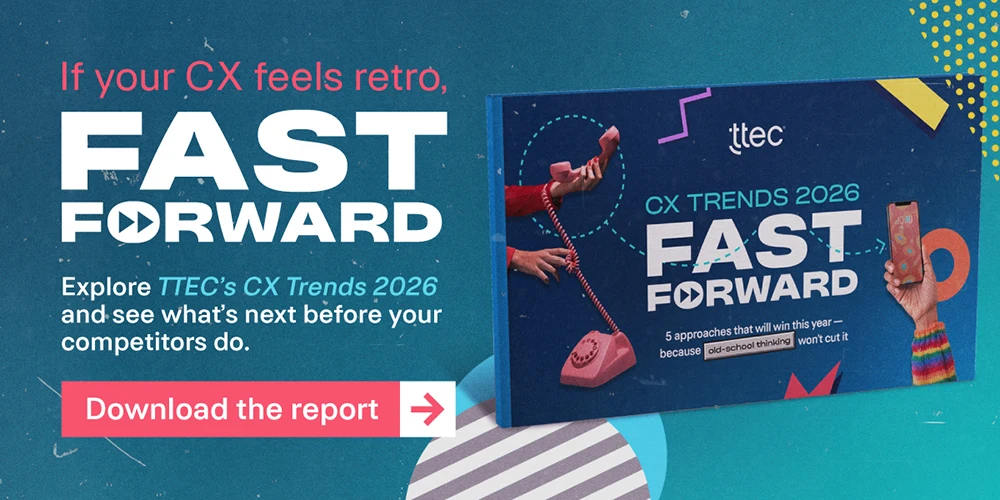This month, the World Cup soccer (football) tournament is capturing the globe’s attention. Thirty-two teams from around the world meet in South Africa to determine which team, and country, is best.
The World Cup is big business for many companies, particularly Nedjma, a mobile phone operator in Algeria. Circumstances surrounding Algeria’s World Cup journey led to 2 million new subscribers for Nedjma in six weeks. CEO Joseph Ged discusses how the company found itself in the situation, as well as his strategy to retain these new customers over the long term.
Customer Strategist: What is the current state of the mobile telecommunications market in Algeria?
Joseph Ged: We are the third operator [to be established] in Algeria. Our company, Wataniya Telecom Algerie, operates under the brand Nedjma, and is a subsidiary of Qatar Telecom (QTel). Mobilis, the legacy public operator, was first, and then Egypt’s Orascom Telecom, which operates under the brand Djezzy in Algeria, launched in 2001. We launched in August 2004. Djezzy has 53 percent market share, we have about 30 percent, and Mobilis has the rest.
When I took over as CEO in September 2007 we had less than 3 million customers. We moved to 6 million in about two years. From there, we added 2 million customers in six weeks. We went from 6 million to 8 million customers from November 15, 2009, to December 31, 2009.
CS: How did you acquire so many new customers in such a short period of time?
JG: Simply put, football comes right after religion in Algeria. In 2009 the Algerian football federation offered a sponsorship opportunity to all three mobile operators. Our competitors did not sign, so we took it. We made a big bet and invested lots of money. We paid $3 million for the sponsorship, when no one believed that the team would be going to the World Cup. The team had not qualified in 24 years. And Algerians are very conservative by nature. They feel that luck is not usually on their side.
From March to November 2009, we undertook a huge communications campaign across the country. Our jingle became the main jingle of the football fields after being in a series of commercials. It was a very successful campaign.
Coincidentally, in Africa the other qualifying group was the Egyptian team—diplomatic, political, and now telecom rivals of Algeria. Nedjma launched a huge campaign before all the matches, especially the ones being held in Algeria; the Algeria-Egypt match, held in Algeria in July, was the first one in that series. We distributed hundreds of thousands of hats and flags to fans. We put lots of money into supporting the Algeria team.
Surprisingly, Algeria won 3-1. This was the turning point for Algerians to believe that we can win. Before that very few people believed we could win, including those in Nedjma. I was pushing for this even though people complained that we were investing too much money and it would go nowhere.
The final determining match had to be played in Cairo in November. When the Algerian team arrived, they were attacked on their way to the hotel by people throwing stones. Some on the team were hurt. This was recorded by witnesses and broadcast over major television stations around the world. It sent a huge shock through Algeria—that their boys had been hit before they played their match. The media on both sides pumped emotions very high. When this happened, it ignited huge frustration among the people here.
That massive frustration led to a consumer movement, by viral email, Facebook, SMS, and word of mouth, to switch off from Djezzy. There was lots of hatred in the air. Nedjma had nothing to do with these actions. We never allowed anyone in the company to manifest or present a position against [Egypt or Djezzy].
I gathered the whole company and said, “These are crucial moments…. We will accept the demand, and everyone will be working 24 hours a day to serve all the customer demands. And we will serve them with the best quality, the best offering, without taking advantage of the situation. These customers are first-time users of Nedjma and what will remain in their mind is how we treated them in the moment of difficulty, when they needed us. This could be the most important retention action that we can do.
“We don’t increase the prices, we don’t reduce the bundles, and we continue to sell in exactly the same way,” I said. “And on top of that we have to make sure we deliver on distribution, logistics, customer care, etc. We make sure we serve everybody and that the network quality remains as good, if not better, or else customers will go back because they are emotional switchers.”
For the final match, held on neutral ground in Sudan, we sent four planes of supporters, put 1 million free SIM cards in the market, and gave our customers free roaming while they were in Sudan, fully behind the national team. We went from 5,000 activations per day to 115,000 activations per day. People destroyed their other SIM cards and came to Nedjma. We were able to gain 2 million customers in net additions in SIM cards, and 1.5 million unique customers.
On November 18 Algeria won and qualified for the World Cup. That was a huge moment for Algerians, for Nedjma, and for myself. I bet fully on this outcome. What we have done no one can take from us. It’s not the network quality or the nice brand. It’s the commitment to be behind the team when no one believed in them. Customers see that we put money and have been behind the team even in difficult times, and say, “We will never forget this.” When they won, that was the outstanding result. It’s the third time Algeria qualified, and it will remain in history.
CS: In addition to more customers, what other results have you seen from the situation?
JG: Nedjma has become the best top-of-mind brand, [with more than 70 percent brand recognition when a consumer thinks of mobile service]. It is also the brand with the highest association to the national team: We went from 71 percent to 91 percent, while our competitor dropped significantly. And the interest to purchase from Nedjma is the highest among the three operators.
CS: Now that tempers have cooled, how are you working to retain these new customers?
JG: After December things calmed down in terms of sales. We moved on to very strong retention actions to retain what we have gained, as well as to extract value from this new customer base.
We have succeeded in getting the low- to mid-level customer base, emotional switchers who came after all these events. The high-end customers are waiting for something. They’re waiting to be called, to be given some facility. And we cannot do all of this with communications. We have to do it on the ground (see sidebar at right).
The biggest handicap for a switcher today is number portability. Right now you cannot take your number with you when you switch. And many customers kept their old SIM card but bought our new SIM. So when things settled, they might go back and rationally say, “I have the old number, I have my contacts” in the old card. The high-end segment is worried, not just about the number itself, but about losing their contacts. So we gave [customers] flexibility on informing their old contacts.
We launched a service that we call Follow Me to address this concern. Customers who register for the program take their old line and have it call-forward to their new line. Then, every time customers receive a call on the old number, the calling party will be informed by SMS about the change of number. The caller can save the new number into his or her contact list, then call again on the new number. The person being called also gets an SMS saying he received a call on the old line.
We also launched a service called Choose Your Number. Customers can choose the last six digits. They can choose one similar to their old extension, which will make it easier to communicate about the switch to Nedjma.
Additionally, we have worked extremely hard on enforcing distribution, point of sales, and the network quality. Quality has been drastically enhanced despite the huge uptake in usage that we have seen. We have been able to put in more equipment and optimize traffic in order to have a smooth flow of traffic instead of continuously operating at peak levels.
And, of course, on the marketing side we have been extremely aggressive in talking to people, explaining the switching conditions and reasons to switch, and trying to provide each segment with the best service to encourage them to stay.
CS: What changes are you making to your customer experience strategy?
JG: There has been extensive work done in the past six months in the shops and in the call center, specifically. We’re listening more and more to the voice of the customer; feedback is taken into account [when planning new offerings]. The customer service department has transformed into more of a business partner. It was very passive 18 months ago, but is very active today. It is part of new-offer launches, part of the conception of new offers, and there is a fully integrated mode of operation between sales, distribution, marketing, and customer care ahead of any new launch.
We expect that the customer experience improvements will align and optimize our processes, make sure that they are customer-centric, make sure that we have the right people following up on these processes, and that the whole chain of customer touchpoints are optimal for the level of experience we would like to provide for each customer segment.
CS: Has your strategy shifted in how you treat your corporate accounts?
JG: We are trying to push the one-to-one concept to our corporate accounts. Last year we added account managers on the customer service side [to corporate accounts], not just on the sales side. Both are incentivized. The salespeople have a target to reach and the account managers have the incentive of incremental revenue.
It’s been a very successful program, and fully aligned. When the salesperson closes the deal, he transfers the account to the dedicated account manager. The personal relationship in Algeria pays a lot. The account manager is there for whatever issues the corporate client has.
Churn among corporate accounts decreased from 40 percent overall to less than 1 percent per month, [10 percent overall]. We have great customer satisfaction and we have seen a huge uptick in sales and switchers. We have had more than a 100 percent increase in corporate subscribers since Q1 2009—from 40,000 to more than 100,000 subscribers. We are looking to close 2010 with the same market share as the dominant operator on the corporate side.
CS: How do you keep employees motivated through such an increase in customers and changes in operations?
JG: Since the beginning, and most notably in the past year, we focus heavily on employee training and corporate culture. We have been able to transform the company into a culture of performance. Half of the top management is Algerian, so they have seen that they can assume responsibility and they can succeed in the Nedjma family. We give employees a clear objective, a standardized salary and career path, and incentives and discounts. We have changed the performance appraisal methodology and shifted the company focus to the customer. We conduct regular quality audits on all our offices, customer service, product development, basically almost everything.
For the specific event that happened, people who were on the frontlines were given a very special bonus for their November and December performance. People worked overnight. Everyone has been working extremely hard to serve the demand. I have also introduced in the past year the CEO list, which recognizes the five top performers across the organization. They get a bonus worth two years’ salary. That could be a down payment on a house or apartment, which is a dream for every Algerian because of housing problems in the country.
CS: What are your next steps?
JG: We are fully revamping the customer experience. We believe that this is fundamental and strategic to retain high-end customers and to convert high-end potential customers, [as well as] the retention of other segments.
We are seen as a leader in many aspects. We would like to translate this into massive switching by high-end customers so that we gain a leading market share, not only in subscribers, but also in share of value.
We have all the elements of success. We would like to maintain them, enhance them, and be sure we deliver on the promise and perception that we represent today to new and existing customers. Doing so will transform into real commercial and financial rewards for Nedjma.

